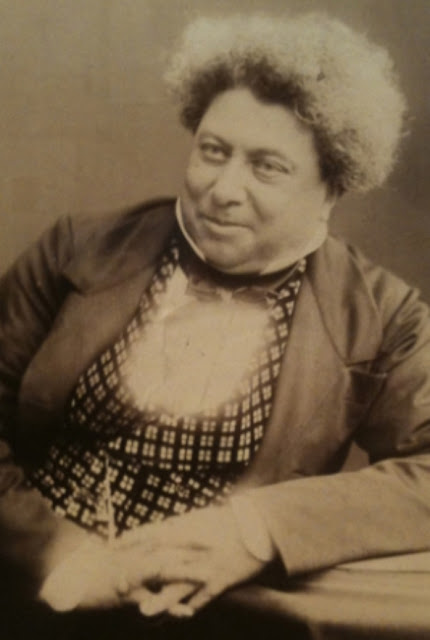IN those days, of course (said the French agent, looking out across the sea of Yûssuf Effendis which billowed up against the balcony to where, in the moonlight, the minarets of Cairo pointed the way to God), I did not occupy the position which I occupy to-day. No, I was younger, and more ambitious; I thought to carve in the annals of Egypt a name for myself such as that of De Lesseps.
I had a scheme—and there were those who believed in it—for extending the borders of Egypt. Ah! my friends, Egypt after all is but a double belt of mud following the Nile, and terminated east and west by the desert. The desert! It was the dream of my life to exterminate that desert, that hungry gray desert; it was my plan—a foolish plan as I know now—to link the fertile Fáyûm to the Oases! How was this to be done? Ah!
Why should I dig up those buried skeletons? It was not done; it never could be done; therefore, let me not bore you with how I had proposed to do it. Suffice it that my ambitions took me far off the beaten tracks, far, even, from the caravan roads—far into the gray heart of the desert.
But I was ambitious, and only nineteen—or scarcely twenty. At nineteen, a man who comes from St. Rémy fears no obstacle which Fate can place in his way, and looks upon the world as a grape-fruit to be sweetened with endeavor and sucked empty.
It was in those days, then, that I learned as your Rudyard Kipling has also learned that “East is East”; it was in those days that I came face to face with that “mystery of Egypt” about which so much is written, has always been written, and always will be written, but concerning which so few people, so very few people, know anything whatever.
Yes, I, René de Flassans, saw with my own eyes a thing that I knew to be magic, a thing whereat my reason rebelled—a thing which my poor European intelligence could not grapple, could not begin to explain.
It was this which you asked me to tell you, was it not? I will do so with pleasure, because I know that I speak to men of honor, and because it is good for me, now that I cannot count the gray hairs in my beard, to confess how poor a thing I was when I could count every hair upon my chin—and how grand a thing I thought myself.
One evening, at the end of a dreadful day in the saddle—beneath a sky which seemed to reflect all the fires of hell, a day passed upon sands simply smoking in that merciless sun—I and my native companions came to an encampment of Arabs.
They were Bedouins—the tribe does not matter at the moment—and, as you may know, the Bedouin is the most hospitable creature whom God has yet created. The tent of the Sheikh is open to any traveller who cares to rest his weary limbs therein. Freely he may partake of all that the tribe has to offer, food and drink and entertainment; and to seek to press payment upon the host would be to insult a gentleman.














